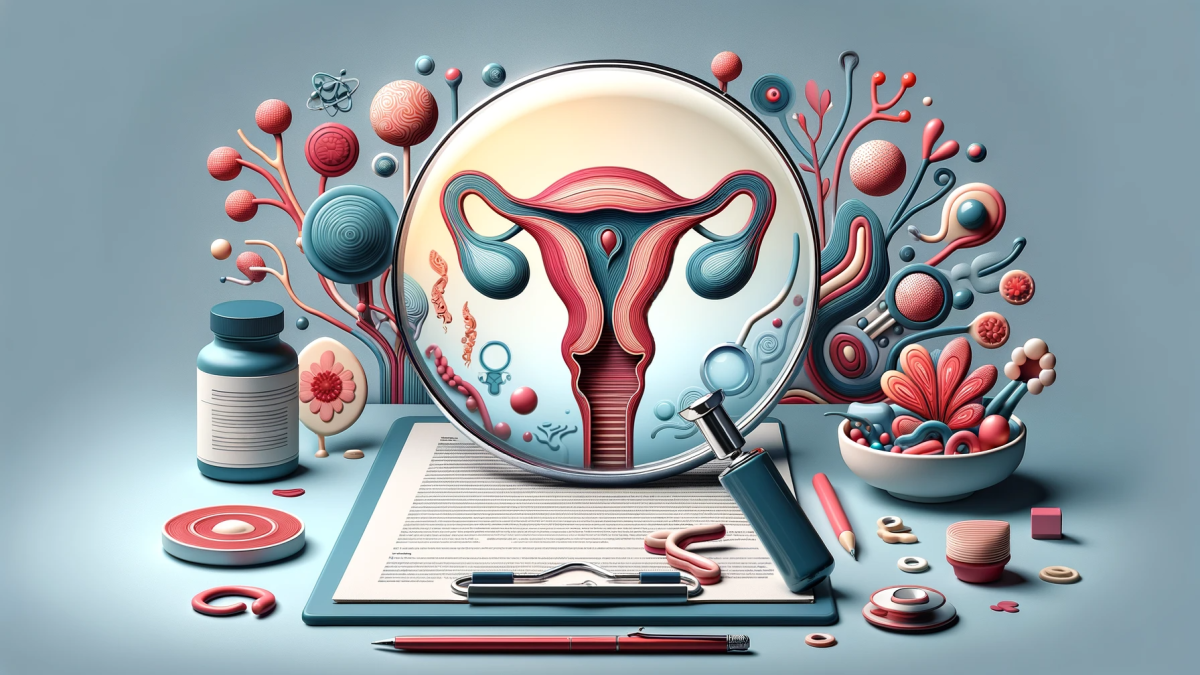
Labiaplasty & choosing the right Surgeon… the wrong choice could be a very costly mistake.
September 15, 2022Lichen sclerosus associated with incontinence – urine as a possible trigger
Women who suffer from urinary incontinence may have a higher risk of genital lichen sclerosus. This is indicated by study results from England.
Lisa Kirby from the University of Nottingham investigated whether there is a connection between incontinence and lichen sclerosus in women as well as in men. The study included 126 women with lichen sclerosus and compared them with a group of women with other diseases of the vulva. The rate of urinary incontinence was examined.
The data suggest that women with incontinence are up to three times more likely to develop lichen sclerosus (Kirby et al. Br J Dermatol 2021; 185, 1063-1065).
Any combined pill helps – androgenisation in fertile-aged women.
In women of fertile age, androgenisation is due to poycystic ovary syndrome (PCOS) in 95% of cases. For treatment, a toolbox with many therapeutic options is available, some of which overlap in their effect on hirsutism, alopecia and acne, said Prof Stute at the Update Refresher for Continuing Medical Education.
The androgen system can be attacked at different points:
Combined pills, metformin and GnRH suppress androgen production. Antiandrogenic progestins and spironolactone block the androgen receptor.
Cyproterone acetate CPA, spironolactone and 5-a-reductase inhibitors (finasteride) inhibit the conversion of testosterone to the more potent dihydrotestosterone.
Spironolactone is an effective non-hormonal option; the diuretic improves hirsutism by 4 points in the FG score. The effect is almost as good as a combined pill. In 35% of women, hair loss also improves and acne is reduced. With long-term use, acne disappears completely in two-thirds.
Therapy with a 5-a-reductase inhibitor has also been well studied in androgenisation. In hirsutism, finasteride is as effective as spironolactone or as a combined pill with CPA.
In alopecia, it is worth trying therapy with minoxidil or ketoconazole. For micronutrients, biotin and zinc are recommended or topical melatonin. The ferritin level should never be lower than 70 ng/ml in hair loss.
Metformin is also anti-androgenic; the ESHRE recommends metformin for PCOS without a desire to have children. In studies, metformin lowered both BMI and testosterone levels. Metformin also significantly improves acne.
Vaccination against recurrent urinary tract infections
Vaccination with StroVac, a dead vaccine made from bacterial strains, provides more reliable long-term protection against recurrent urinary tract infections than antibiotic prophylaxis. This was shown in a study presented at the virtual EAU (Nestler S et al). After one year, it is recommended to refresh the vaccination with a single booster injection.
Prophylaxis with StroVac takes the form of three intramuscular injections, each given one week apart. The inactivated vaccine contains six different strains of Escherichia coli, Proteus mirabilis, Morganella morganii, Enterococcous faecalis and Klebsiella pneumoniae.
In the second year after vaccination, the antibiotic-treated group had no recurrences in 59.1% compared to 91.5% in the StroVac group.
If a booster was given after a recurrent urinary tract infection, reliable protection was restored in the following months.
If there are any questions about the StroVac vaccination, Dr Wagner recommends a discussion. This will discuss the number of infections and possible treatment options.
EAU Congress 2021, 8-12 July 2021, virtual

